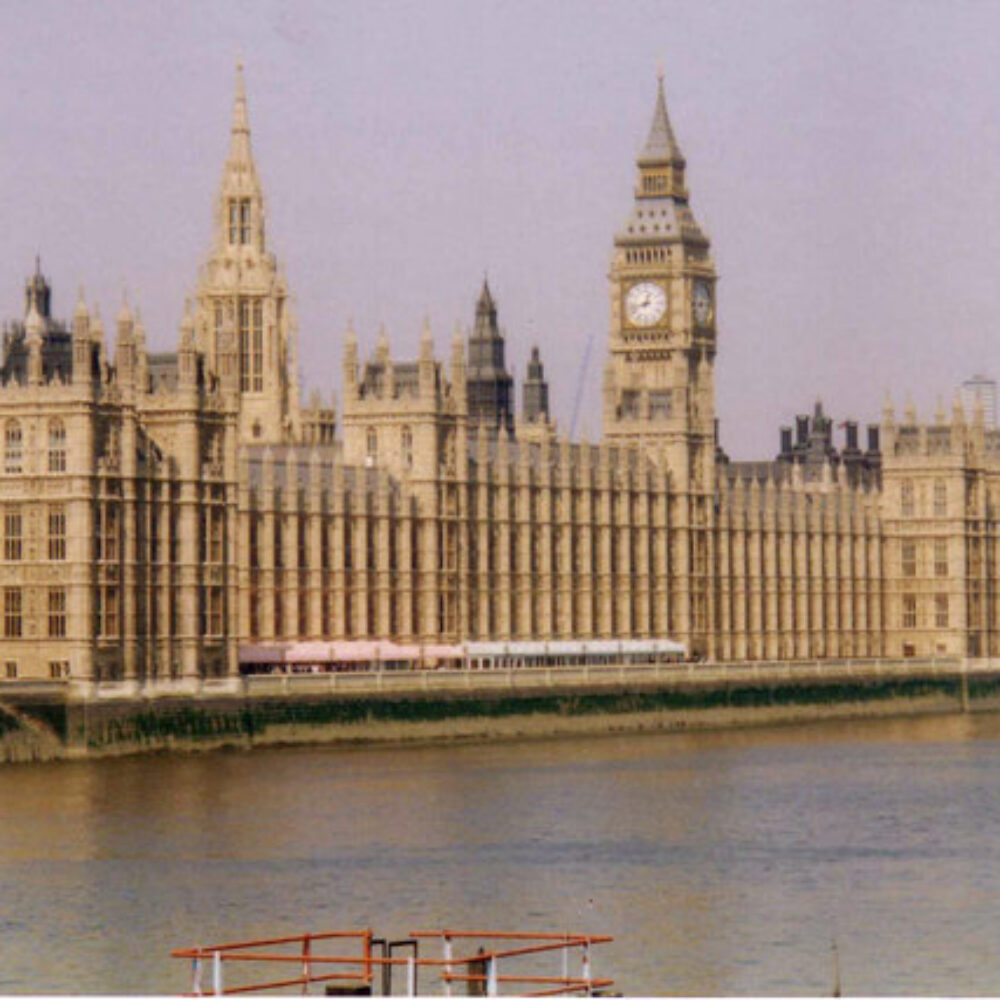The UK Anti-SLAPP Coalition welcomes the passage of the Economic Crime and Corporate Transparency Act (ECB2), which includes the first anti-SLAPP provision in UK law. While this is undoubtedly a landmark moment, it is limited to those speaking out on economic crime. It is an important step towards stamping out Strategic Lawsuits Against Public Participation (SLAPPs), but it falls short of providing universal protection from SLAPPs.
The UK Anti-SLAPP Coalition was formed to counter the use and spread of SLAPPs in the UK. Over the course of our work we have seen Russian warlords, oligarchs and state utility companies sue publishers, authors and journalists, Monaco-based business leaders using British courts to intimidate Swedish journalists and abusers threatening libel action to further target and silence their victims into silence. SLAPPs are not isolated to economic crime alone. They are used against public watchdogs speaking out on a range of different topics from sexual harassment and violence to housing, and medical care to public reviews of services to name but a few. Few aspects of society are untouched.
The UK Anti-SLAPP Coalition, with the support of leading legal and industry experts, has created the Model UK Anti-SLAPP Law to offer a simple yet expansive way to protect free expression for all across the UK. We call on the UK Government to live up to its commitment made last summer and bring forward a standalone anti-SLAPP bill to ensure everyone is free to speak up and realise their right to free expression.
“We welcome the passing of the anti-SLAPP provisions included in the Economic Crime and Corporate Transparency Act. However, it is crucial that the passing of these amendments is seen as a stepping stone to addressing SLAPPs – rather than as the end result. Any public interest speech – not only speech relating to economic crime – can be subject to a SLAPP. We must ensure that equal protection is afforded to everyone speaking out in the public interest. That’s why we will continue to urge the Government to bring forward a comprehensive standalone anti-SLAPP law as soon as possible.”
Jessica Ní Mhainín, Head of Policy and Campaigns at Index on Censorship
“The adoption of this law is a crucial development in the fight against both economic crime and threats to freedom of expression. The dual role that the UK has played as a hub for the facilitation of global financial crime and corruption, as well as for services that can be utilised against journalists trying to shine a light on this topic has gone on for far too long. Over 70% of the cases referenced in our April 2022 report on SLAPPs ‘London Calling,’ published with ARTICLE 19, were linked to economic crime. We hope this law will serve to help break this cycle. However, to effectively address the issue of SLAPPs, which can be used to shut down scrutiny of any topic in the public interest, a standalone UK Anti-SLAPP Law is the sorely needed, and logical, next step.”
Susan Coughtrie, Director of the Foreign Policy Centre (FPC)
“We welcome the passage of the Economic Crime and Corporate Transparency Act as the first legislation in the jurisdiction of England and Wales to recognise and tackle SLAPPs. We acknowledge and applaud this important first step but reiterate that SLAPPs are not only related to economic crime and can relate to any context, such as journalists exposing warlords and survivors of sexual abuse recounting their experience. It is therefore essential that a standalone anti-SLAPP legislation is promptly introduced.”
Dalia Nasreddin, UK Campaigns Manager at English PEN
“The passage of the Economic Crime and Corporate Transparency Bill is a welcome first step towards anti-SLAPP protection in the UK. But it is just this: a first step. The new law offers a promising framework for tackling the problem, but is undermined by an excessively restrictive definition of SLAPP – one that, by requiring the court to identify the intent of the filer, introduces an unnecessary element of uncertainty into the process. We will monitor the impact of the new law carefully and continue to push the government for a comprehensive and meaningful legislative solution, as laid out in our Model UK Anti-SLAPP Law.”
Charlie Holt, European Lead for Global Climate Legal Defence (CliDef)

